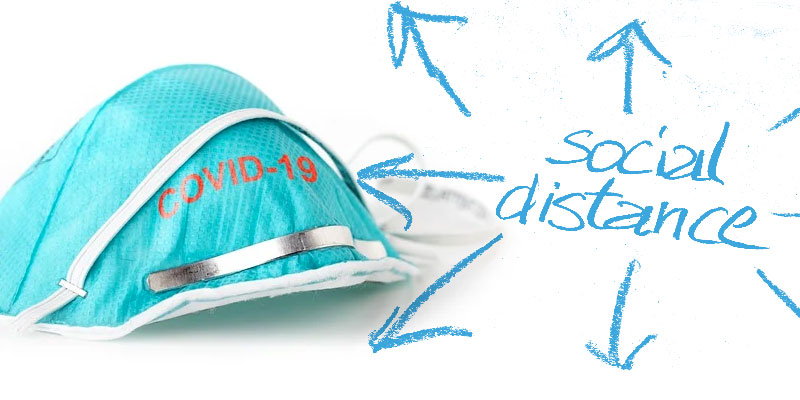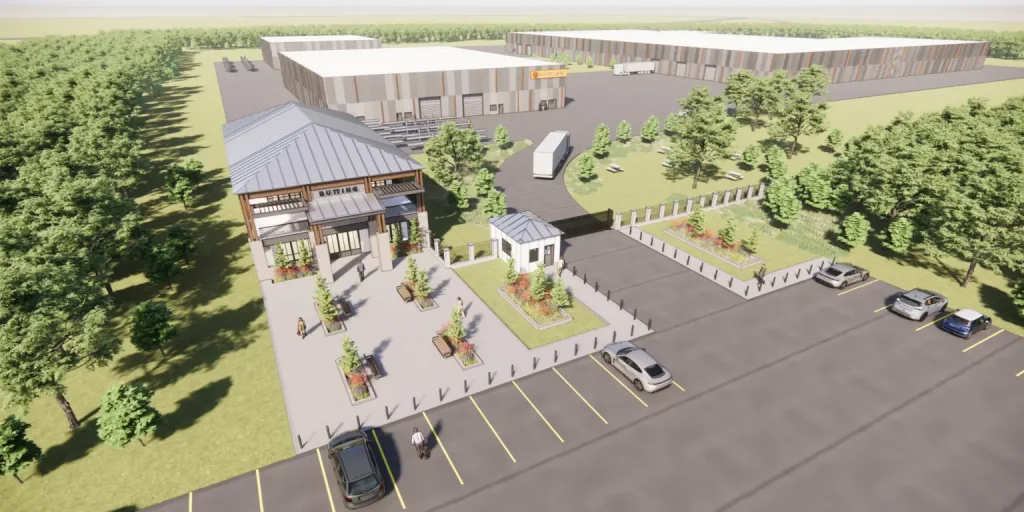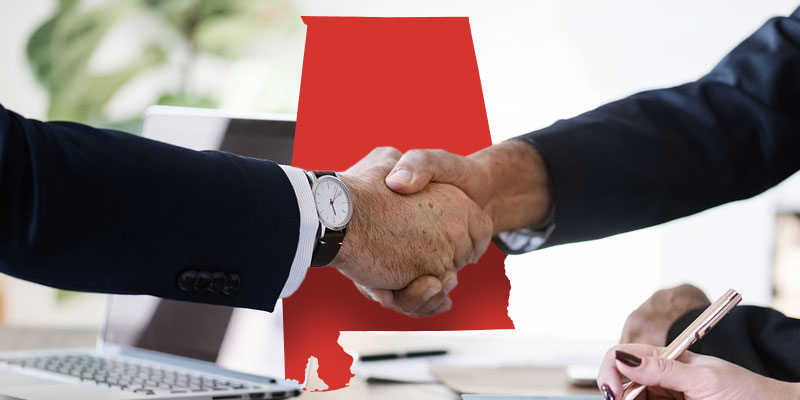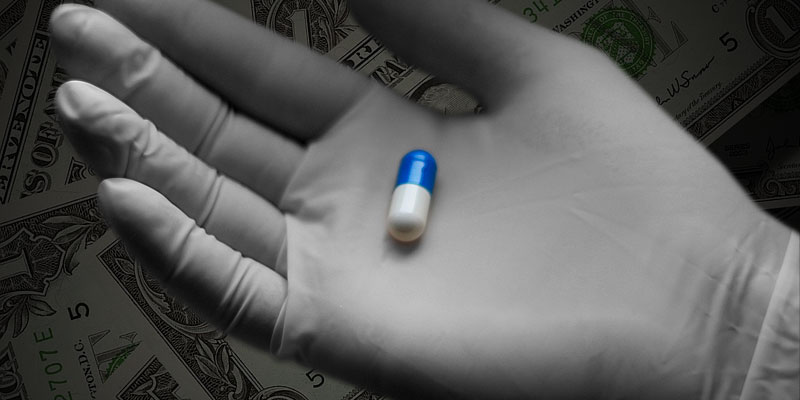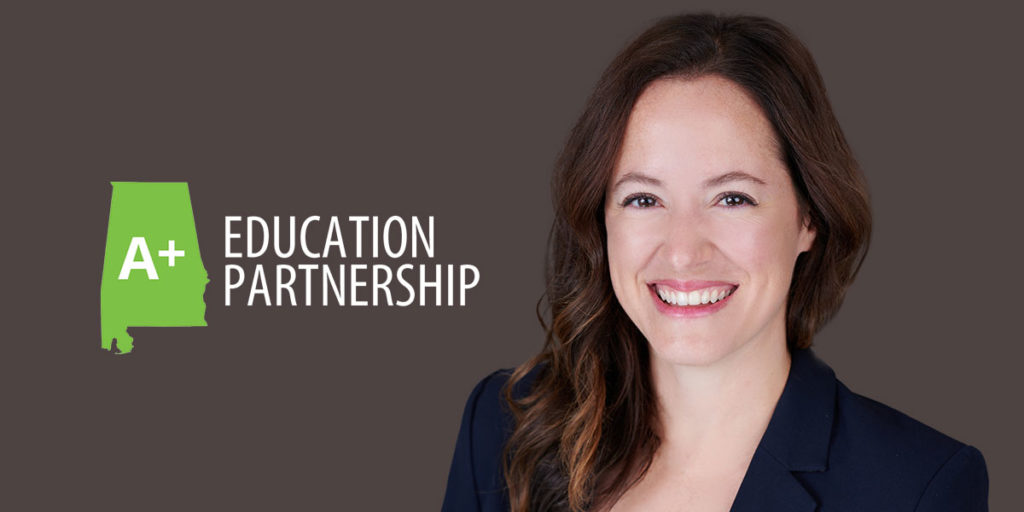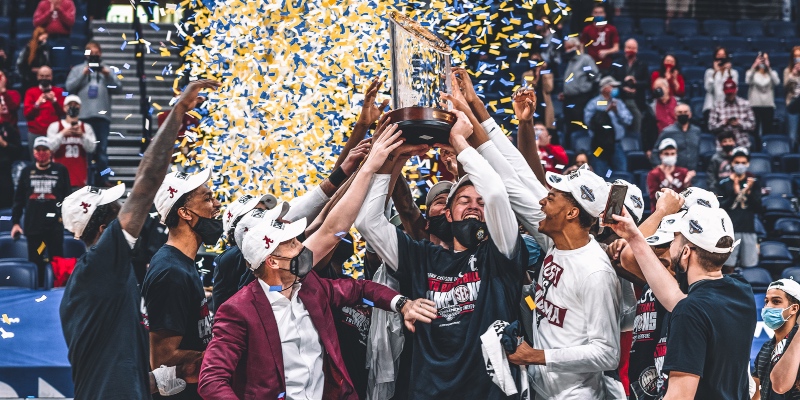The University of Alabama System recently announced a return to normal activities for 2021-22, including full attendance at Crimson Tide football games this fall. I do not try predicting politicians’ decisions but contend that life should return to normal when we the people want it to.
Vaccinations have ramped up and the nationwide seven-day averages of new COVID-19 cases, hospitalizations, and deaths are down 49, 67 and 77 percent from their January highs. President Biden recently announced that enough vaccines should be available for all adults by the end of May. These developments are changing state policies. The governors of Texas and Mississippi have ended their state COVID-19 restrictions.
On the other hand, some public health officials want restrictions on life continued. Dr. Anthony Fauci foresees people still wearing masks in 2022. The Centers for Disease Control (CDC) wants fully vaccinated persons to wear masks and not interact with persons not from their household.
Reasonable people can disagree over when to ease COVID-19 policies and whether the policies were on the net beneficial. They were clearly unprecedented; Supreme Court Justice Samuel Alito described them as “previously unimaginable restrictions on individual liberty.”
We need to distinguish our personal protective behavior and government restrictions on freedom to slow transmission. The pandemic involves a fundamental life tradeoff: protecting oneself and one’s family versus living in the face of risk. We should respect peoples’ differing choices. No one is less worthy for wanting to avoid exposure or being willing to attend church (or football games). The freedom to make such choices is a core element of personal autonomy and dignity.
Government orders limiting autonomy consequently require, I believe, a strong rationale. Ultimately, we the people must decide if we will sacrifice our freedom to slow transmission of an illness.
The strongest argument for government action has been the potential overwhelming of our health care system. Avoidable deaths occur if the sick receive less than the best medical care. A lack of capacity could affect medical care for accidents or other illnesses, endangering those at low-risk from COVID-19.
The potential for overcrowded hospitals is rapidly vanishing. Based on the CDC’s estimate of the infection fatality rate, at least 80 million Americans have already had the virus. The Moderna and Pfizer vaccines are over 95 percent effective in reducing hospitalization and the highest risk Americans are getting vaccinated.
A duty to protect the high-risk COVID-19 population provides another argument for restricting freedom. Vaccination also weakens this argument. Getting vaccinated should, I think, fulfill low-risk persons’ obligation (if any) to avoid infecting others.
Another rationale was delaying infections to allow doctors and researchers to learn about the new virus. The likelihood of death for newly hospitalized patients fell by over half during the spring and summer, even absent a “cure.” And we now have three highly effective vaccines. We have learned about containing SARS-CoV-2.
Our nation has taken on the feel of a dictatorship during the pandemic, with public health bureaucrats controlling every aspect of our lives. State emergency powers laws have allowed governors to declare an emergency and rule by command and should be reform after the pandemic. And we must remember that doctors and public health experts only offer us advice. We should be free to reject a doctor’s advice or CDC recommendations.
Many politicians seemingly “never want a serious crisis to go to waste,” as President Obama’s Chief of Staff Rahm Emanuel put it. Economic historian Robert Higgs has shown how powers initially assumed by Washington during emergencies have become permanent. Will business closures and stay-at-home orders become standard operating procedures going forward?
I see the research on crises as offering a warning about what may happen, not an inevitability. The phrase “Freedom Isn’t Free” normally reminds us of sacrifices made defending America. Many Americans have willingly sacrificed to try to contain COVID-19. We should soon demand a full and complete restoration of our freedom.
Daniel Sutter is the Charles G. Koch Professor of Economics with the Manuel H. Johnson Center for Political Economy at Troy University and host of Econversations on TrojanVision. The opinions expressed in this column are the author’s and do not necessarily reflect the views of Troy University.




